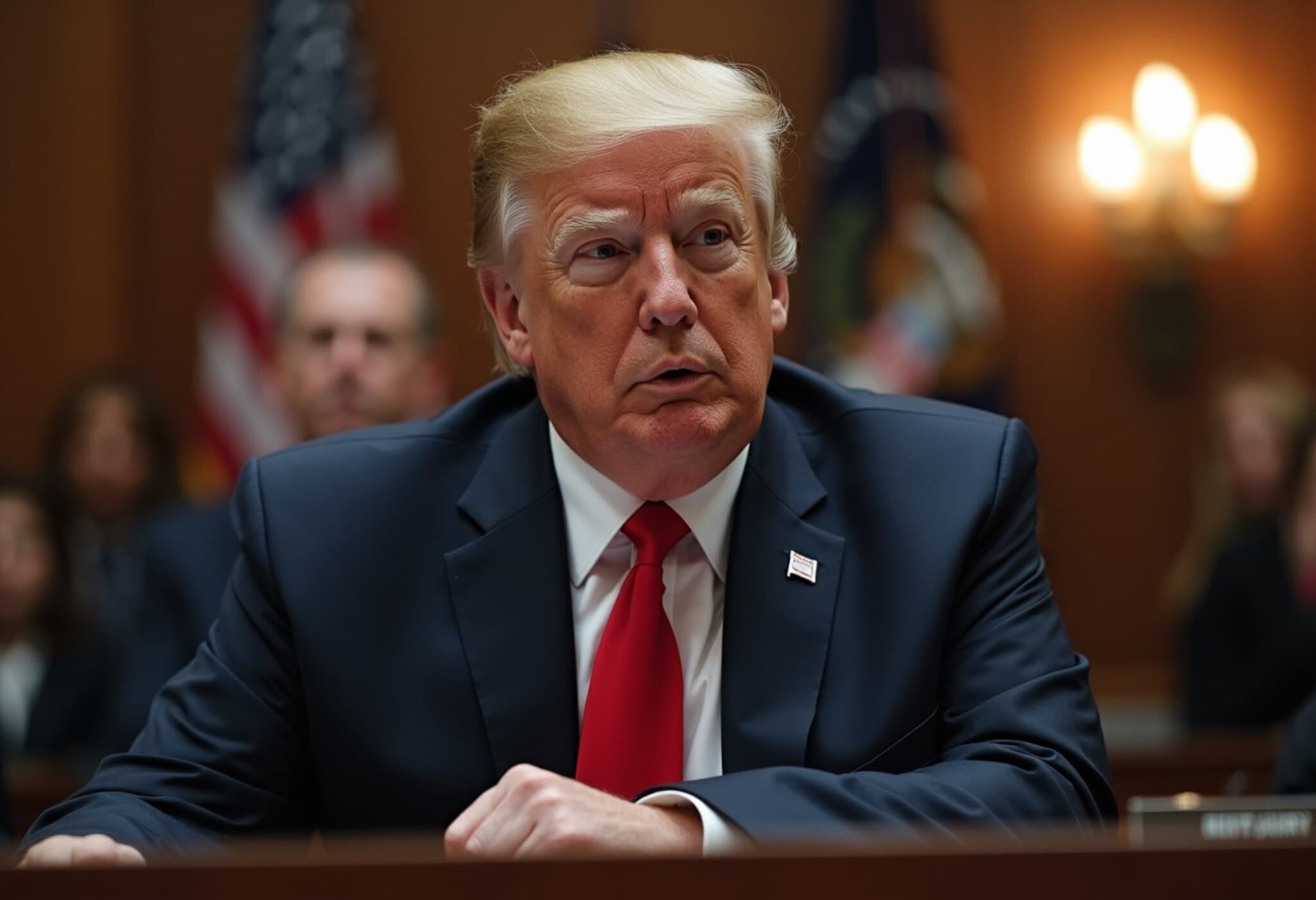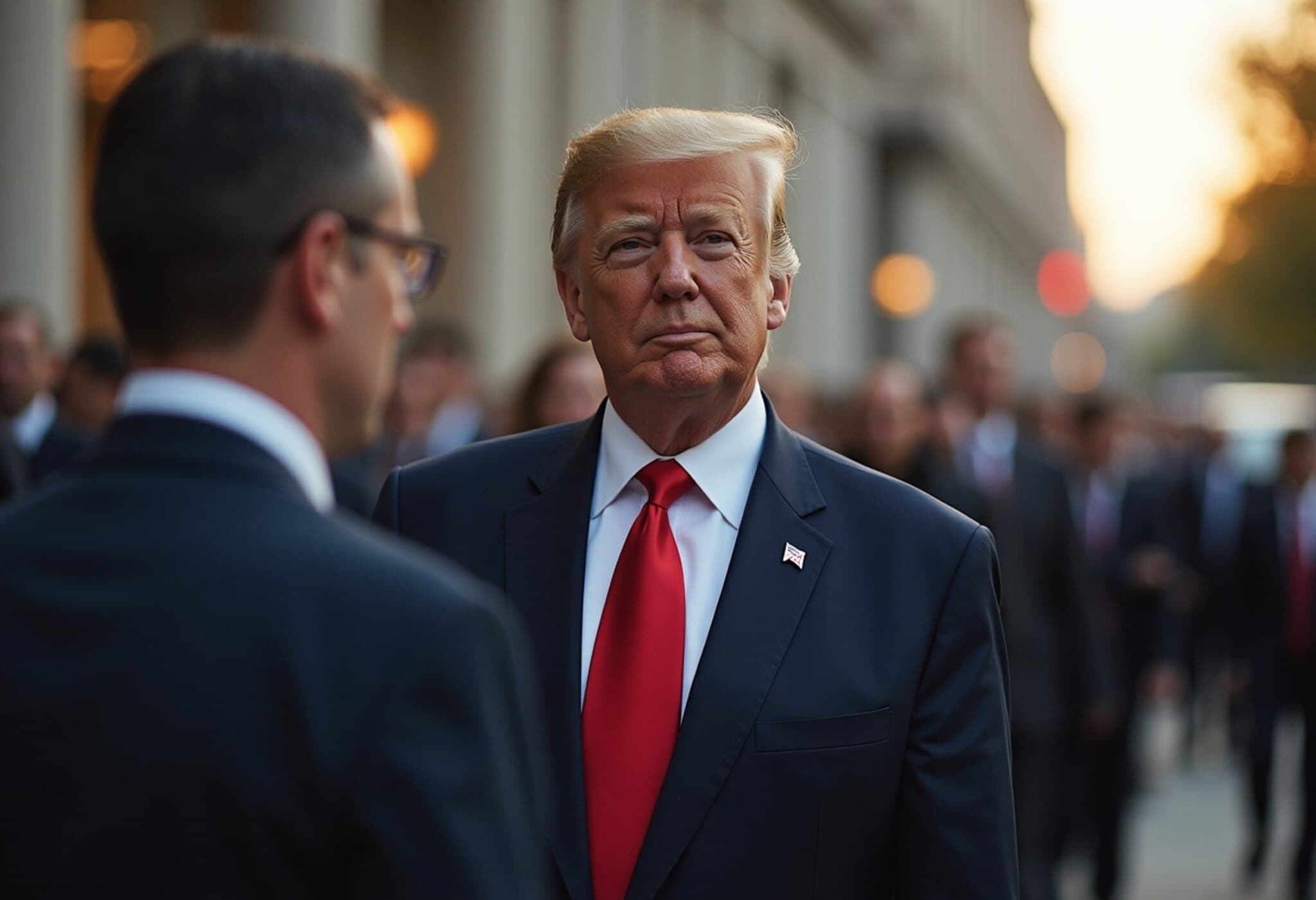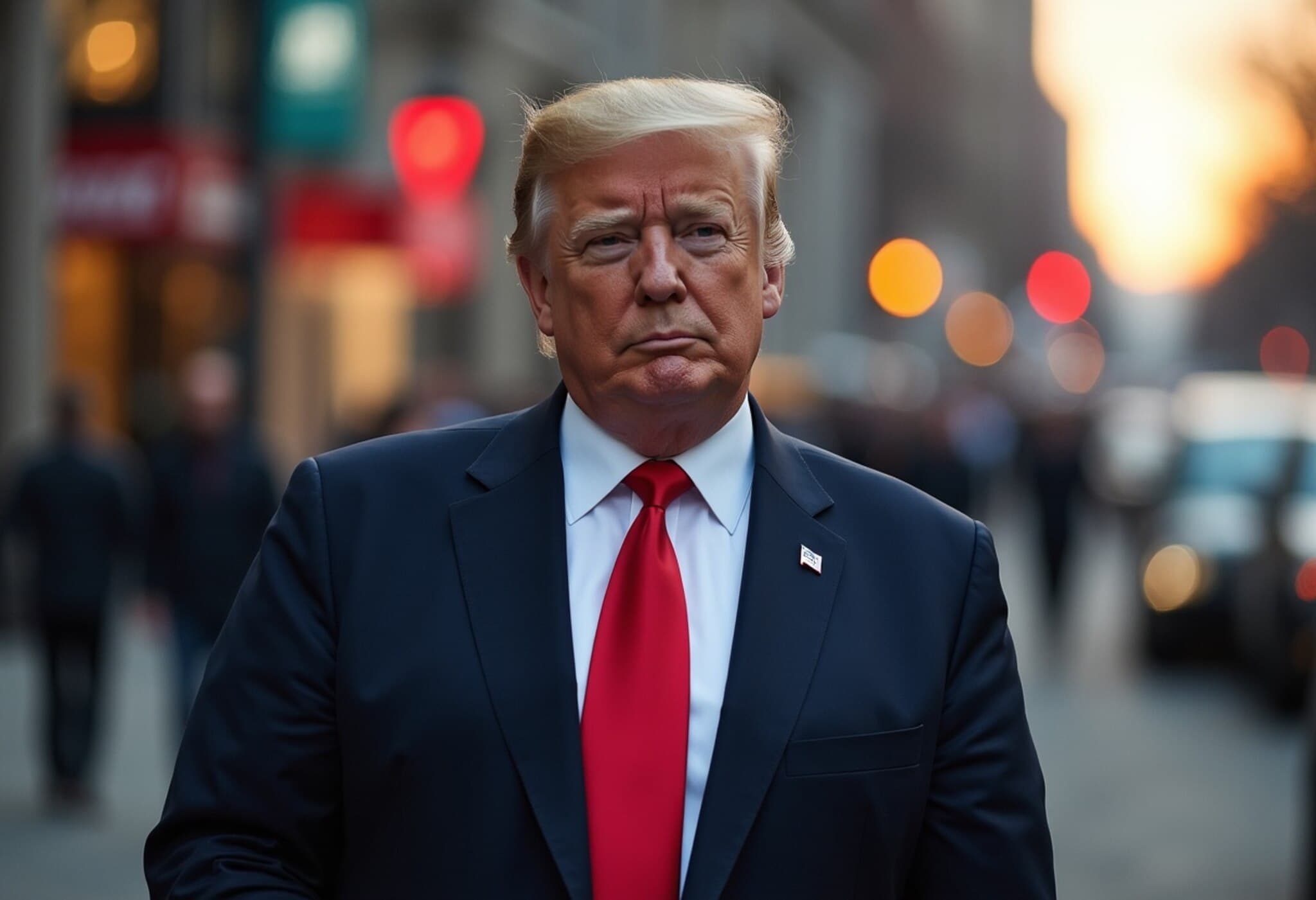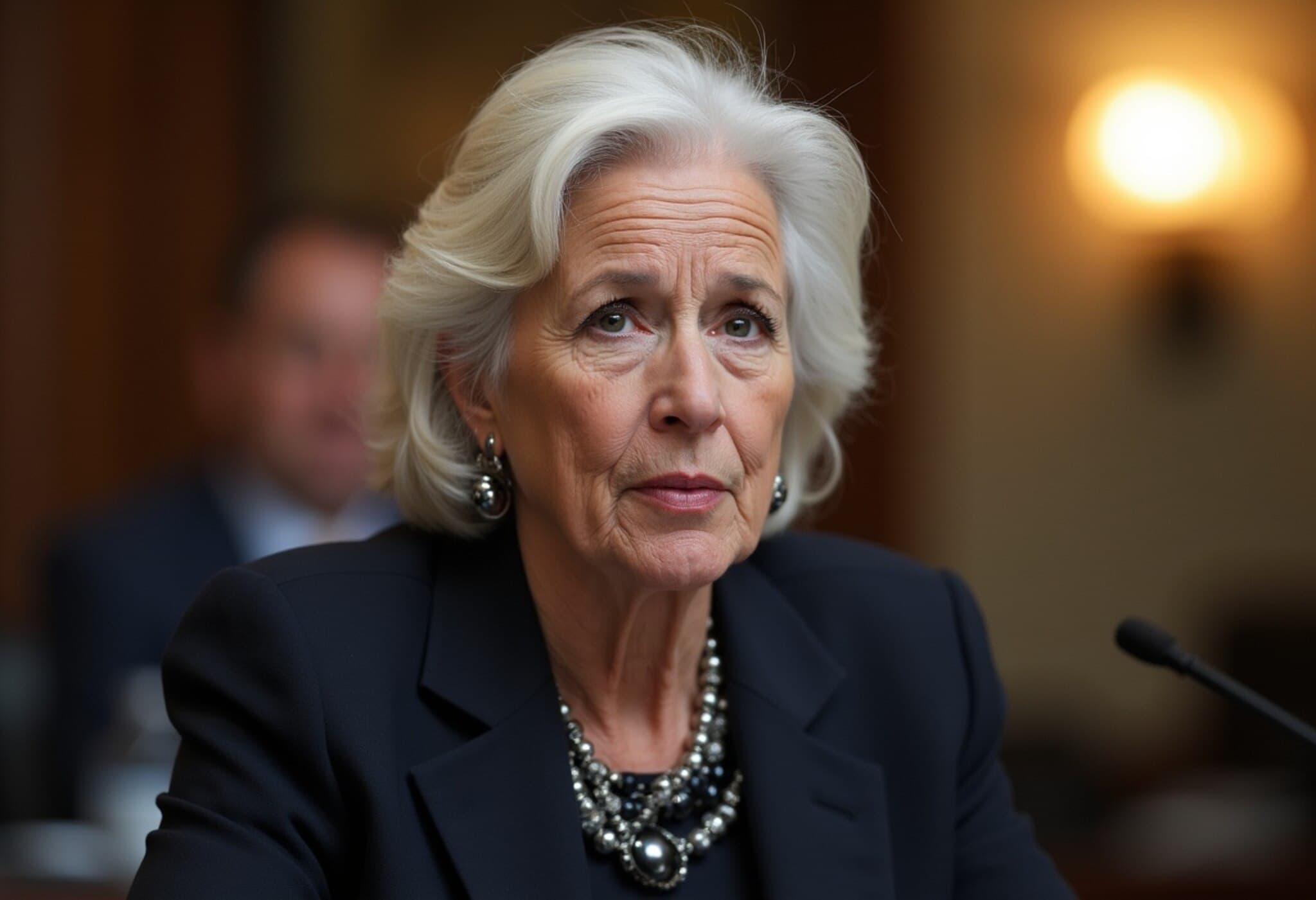Mass Firings Shake Immigration Courts Across Ten States
In a move stirring widespread concern, the Trump administration has terminated 17 immigration court judges operating in ten states, according to the International Federation of Professional and Technical Engineers (IFPTE), the union representing the judges. These sudden dismissals occurred despite Congressional authorization to expand the immigration judge workforce to 800, highlighting a growing dissonance between policy rhetoric and operational reality.
States Impacted and Union Response
Judges were let go from courts spanning California, Illinois, Louisiana, Maryland, Massachusetts, New York, Ohio, Texas, Utah, and Virginia. The IFPTE announced that 15 judges were fired “without cause” last Friday, followed by 2 more the subsequent Monday. Matt Biggs, the union president, expressed profound disapproval, labeling the firings as “outrageous” and counterproductive to the public interest. He emphasized the nonsensical nature of dismissing experts while Congress backs significant hiring initiatives.
Immigration Courts at the Heart of Enforcement Crackdown
These firings coincide with an intensifying crackdown on immigrants spearheaded by Immigration and Customs Enforcement (ICE). Officers have increasingly been arresting immigrants immediately following their court appearances, particularly targeting those who have been granted temporary relief or dismissal by judges. This has fueled widespread fear among asylum seekers and immigrant communities nationwide.
Typically, and poignantly illustrating the system’s paradox, immigrants who hear a judge dismiss their deportation case can still be apprehended moments later by ICE agents awaiting outside the courtroom. This practice raises urgent ethical and legal questions about due process rights and the role of immigration courts within an enforcement-first agenda.
The Backlogs and the Burden on Judges
The immigration judiciary is currently grappling with a daunting backlog of approximately 3.5 million pending cases. Many cases languish for years before a final ruling, forcing judges to schedule hearings well over a year in advance. Unlike criminal defendants, immigrants do not have guaranteed legal representation, often navigating complex hearings alone or with limited assistance—sometimes relying on interpreters to communicate their plight.
Political Repercussions and Allegations of Retaliation
Adding a layer of political intrigue, Senator Dick Durbin (D-Illinois) publicly alleged that one judge’s firing amounted to retaliation for cooperating with him during a recent courtroom visit. Durbin condemned the administration’s actions as an abuse of power aimed at silencing nonpartisan judicial voices willing to engage with elected representatives to improve transparency.
This revelation underscores ongoing tensions between the executive branch and immigration courts, calling into question the independence and impartiality of this essential judiciary forum.
Funding Infusions Amidst Staffing Challenges
Despite these setbacks, new legislation has earmarked $3.3 billion to bolster immigration courts, aiming to expand the bench to 800 judges and increase support staff. However, the union warns the current wave of firings and departures—which exceed 100 judges since the Trump administration began—may worsen existing backlogs and elongate case timelines.
Replenishing the bench is no quick fix; recruiting and training new immigration judges is a long, intricate process that may take up to a year or more, heightening pressure on a system already stretched to its limits.
The Human Cost and Broader Implications
Beyond the statistics and politics lies the profound human impact: immigrant families waiting years in limbo, asylum seekers fearing arrest after court hearings, and judges facing administrative upheaval amid soaring case volumes. The clashes within the immigration judiciary raise questions about how the U.S. balances enforcement priorities against fair adjudication principles.
Given the significant federal investment and public interest at stake, oversight bodies, policymakers, and civil society groups must closely scrutinize how these personnel changes affect case outcomes, court efficiency, and immigrant rights.
Expert Commentary
Legal experts emphasize that the independence of immigration judges is vital for due process. "When judges are dismissed without clear cause, especially amidst politically charged atmospheres, it threatens the integrity of the judiciary," said an immigration law scholar. "Ensuring that courts are staffed by qualified judges who can adjudicate cases fairly is essential to a functioning immigration system."
Editor’s Note
The Trump administration’s recent purge of immigration judges amid a staggering backlog and escalating enforcement efforts adds layers of complexity to an already strained system. This episode serves as a poignant reminder of the delicate balance between immigration enforcement and judicial independence. How the courts adapt—or falter—will profoundly affect millions caught in the immigration pipeline. Policymakers must prioritize stability and transparency to uphold justice in this deeply human arena.



















